BT and OneWeb succeed in "game changer" satellite connection trial
Smaller businesses in rural areas could benefit from improvements to backhaul services using satellites, with speeds increasing by an order of magnitude

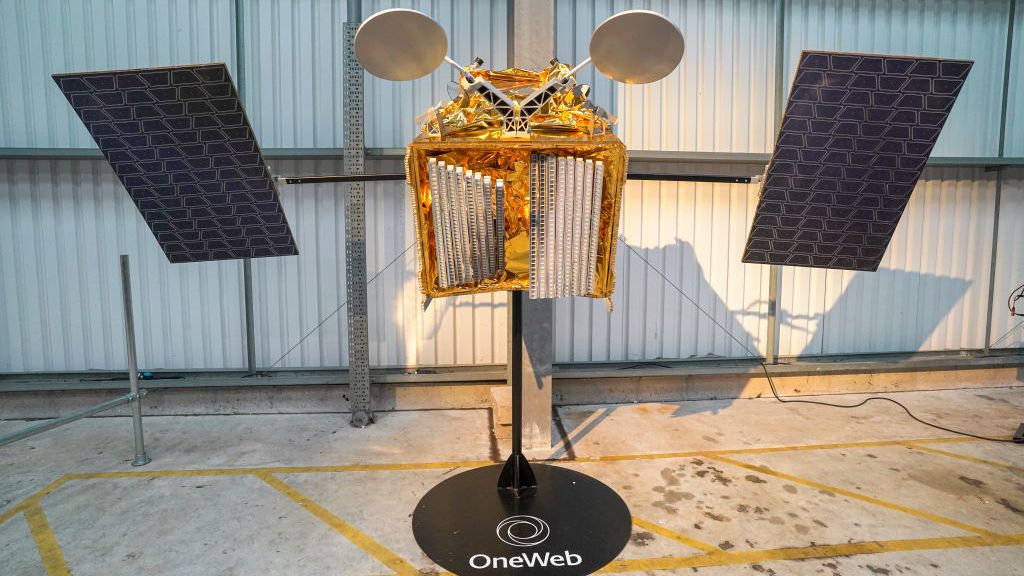
Sign up today and you will receive a free copy of our Future Focus 2025 report - the leading guidance on AI, cybersecurity and other IT challenges as per 700+ senior executives
You are now subscribed
Your newsletter sign-up was successful
BT has announced that it successfully connected network masts to OneWeb's satellite constellation - a major milestone in the journey to deliver satellite broadband to the UK's small and rurally located businesses.
The feat meant the two companies were able to deliver 4G data over low Earth orbit (LEO) satellites for the first time, connecting an EE mast to the network core.
Businesses with poor mast coverage, such as those in more remote areas in the UK, as well as those located in areas with older network architectures, are set to be the main beneficiaries of the technology once it matures.
During the trial, a terrestrial base station was connected through the OneWeb user terminal (UT), which then connected to OneWeb’s LEO satellite constellation.
The connection then flowed down into OneWeb’s network and through to BT’s point of presence in London.
Here, there is a direct interconnect into BT 21C, which connects through to IPsec security gateway and onto the mobile core network.
The telco has demonstrated voice calls and group voice calls using the system, which offers greater capacity than would be possible through a direct-to-handset satellite connection.
Sign up today and you will receive a free copy of our Future Focus 2025 report - the leading guidance on AI, cybersecurity and other IT challenges as per 700+ senior executives
"A key factor for us was getting that direct interconnect in," said Andy Sutton, chief network architect at BT, told IT Pro. "That’s game-changing for us in terms of quality and capability, and it’s one of a number of direct interconnects we’re going to be building around the world.
“The key point here is not only that we are using the LEO satellite constellation, but also the direct interconnect as well. So we have the end-to-end control of that quality of service user experience, which you wouldn’t have if you were just using a traditional LEO service with internet-based backhaul.”
BT used its test environment in Bristol to carry out the trial, but has also deployed an Intellian dual parabolic user terminal in a field trial site in Shropshire.
It's hoped that testing at this ‘live site’ can begin soon after BT’s Q4 ends in March 2023, which will see both 4G and 5G backhaul tests will be carried out.
The site is currently supported by geostationary backhaul, which provides limited capacity and high latencies. LEO tests in the area should significantly reduce latency - BT's simulations predicted speeds of 100-150 Mbits/sec downlink and 30 Mbits/sec uplink.
BT Business is in discussions with several large enterprise customers about agreements to use the service. Potential partners have also indicated interest in using the infrastructure to provide further resilience in parallel with terrestrial connections.
For example, satellite connections could be established to support an organisation’s SD-WAN should terrestrial connections fail.
As it has a global supplier agreement with OneWeb these partners are based both in the UK and internationally, but its primary focus on LEO networks at this time is centred on UK connectivity.
BT and OneWeb signed a Memorandum of Understanding (MoU) in 2021, with the goal to provide better digital services to underserved rural businesses.
Aiming for a range of resilient options, BT is also working closely with Stratospheric Platforms Ltd. This Cambridge-based aerospace company has trialled its high altitude platform (HAPS) system with BT at Adastral Park in Suffolk, in which unmanned aerial vehicles (UAVs) flying at 60,000ft and above to deliver uninterrupted 4G and 5G direct to consumer smartphones.
RELATED RESOURCE

ESG: Designing the ideal digital work experience for the next generation of innovators
What users want, why it's critical to give it to them, and how the whole organisation can benefit
Through this multi-orbital strategy, BT aims to provide excellent resilience and speed across the UK, particularly for smaller to medium-sized businesses in under-served rural areas.
“We’ve been able to offer resilient access through space for backing up terrestrial communications. We do that today in some cell sites for emergency services,” said Sutton.
“We see that continuing as a trend in mobile but also being a great opportunity in the wider business world as well.”
It's clear that satellites could be key to boosting rural business connectivity in the UK, alongside widespread fibre broadband rollout and expansion of 5G by mobile network operators (MNOs).
But, addressing the UK government’s Starlink trials in Snowdonia and the Lake District, Sutton said that trials of this kind are not a key focus at this time.
Five reasons why Ethernet is better than Wi-Fi UK government to run Starlink trials in Snowdonia, Lake Distict Winners of £28 million fund for Open RAN tech announced by UK government
“At the moment, OneWeb is very focused on B2B and that’s reflected in the types of packages they offer, and the capacity across the constellation. Clearly we see a different approach with Starlink, with a direct business-to-consumer proposition.
“OneWeb has plans to densify its constellation considerably in phase two. And with that densification, they'll be able to offer significantly greater capacity per satellite, and each satellite will cover a smaller area, because there’ll be more of them. So then you start to look at the prospects around delivering - potentially - a consumer-based service on the back of that.”
BT aims to provide 90% of the UK’s geography with 5G by 2028, with the network available on demand to 100%. The OneWeb backhaul service is one part of a wider range of tools to deliver on this goal, with its polar-based constellation now able to provide 24/7 UK coverage.
OneWeb continues to launch satellites to expand its satellite constellation, with SpaceX having helped the firm to launch 40 satellites in January 2023. The firm has done 16 of these launches to date, and recently stated that only two more launches are necessary until its first-generation constellation is complete.

Rory Bathgate is Features and Multimedia Editor at ITPro, overseeing all in-depth content and case studies. He can also be found co-hosting the ITPro Podcast with Jane McCallion, swapping a keyboard for a microphone to discuss the latest learnings with thought leaders from across the tech sector.
In his free time, Rory enjoys photography, video editing, and good science fiction. After graduating from the University of Kent with a BA in English and American Literature, Rory undertook an MA in Eighteenth-Century Studies at King’s College London. He joined ITPro in 2022 as a graduate, following four years in student journalism. You can contact Rory at rory.bathgate@futurenet.com or on LinkedIn.
-
 ITPro Best of Show NAB 2026 awards now open for entries
ITPro Best of Show NAB 2026 awards now open for entriesThe awards are a fantastic opportunity for companies to stand out at one of the industry's most attended shows
-
 Mistral CEO Arthur Mensch thinks 50% of SaaS solutions could be supplanted by AI
Mistral CEO Arthur Mensch thinks 50% of SaaS solutions could be supplanted by AINews Mensch’s comments come amidst rising concerns about the impact of AI on traditional software
-
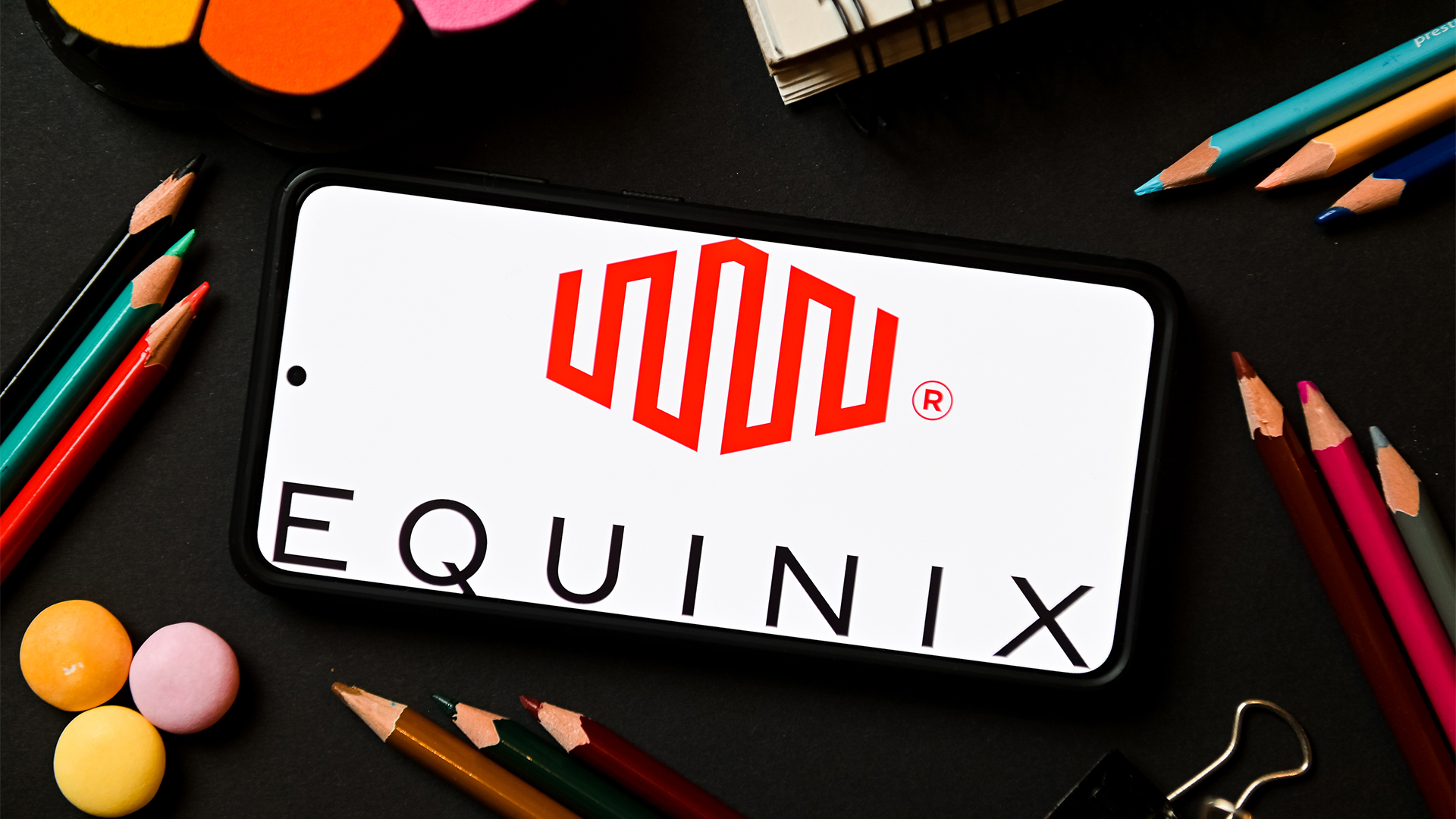 Equinix acquires BT's Irish data centers in €59 million deal
Equinix acquires BT's Irish data centers in €59 million dealNews As BT moves to an asset-light business model, Equinix looks to expand
-
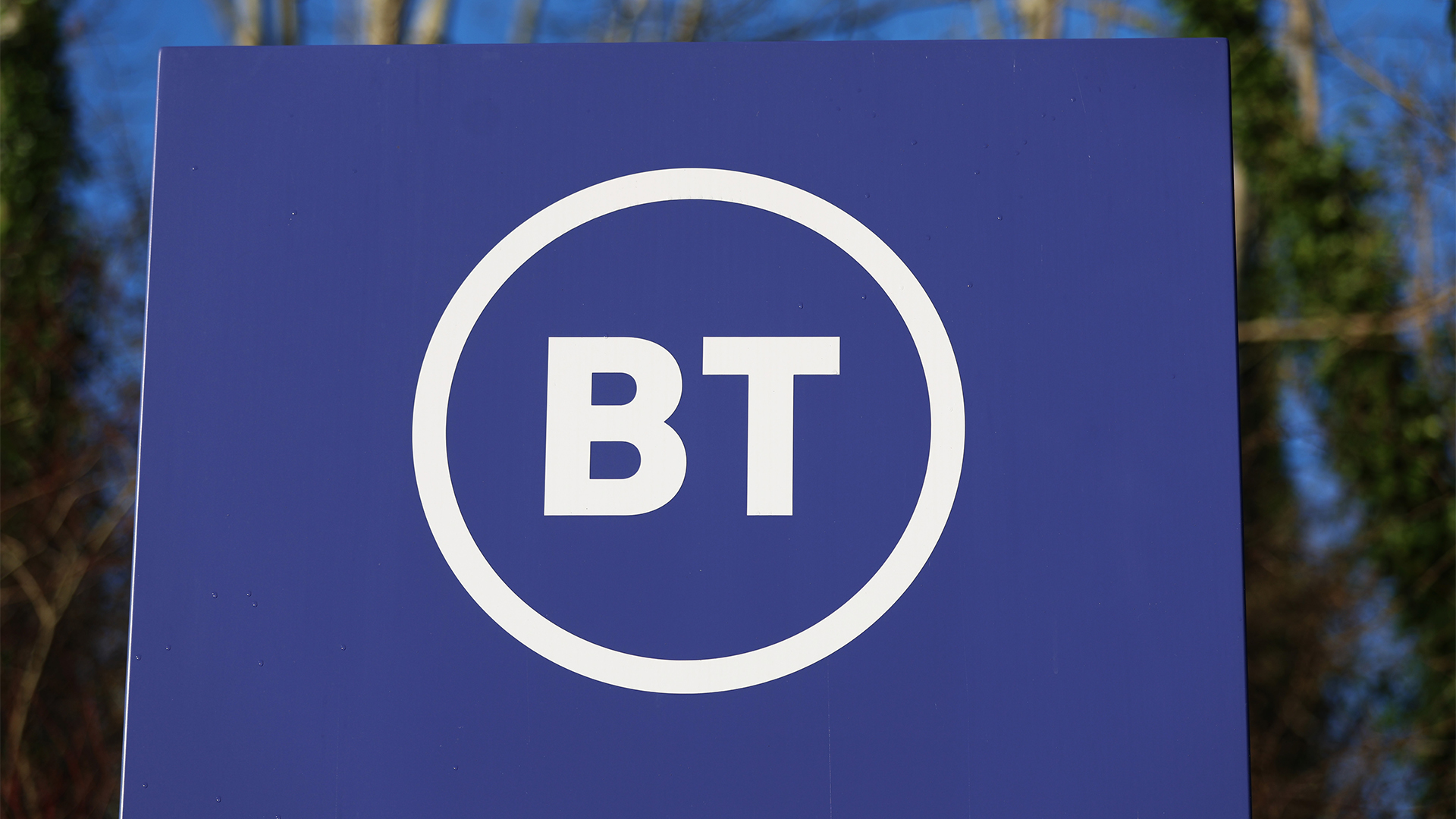 BT just extended the PSTN switch-off deadline — here’s what you need to know
BT just extended the PSTN switch-off deadline — here’s what you need to knowNews BT described the move as a “revision”, citing a series of improvements to the wider PSTN switch-off programme
-
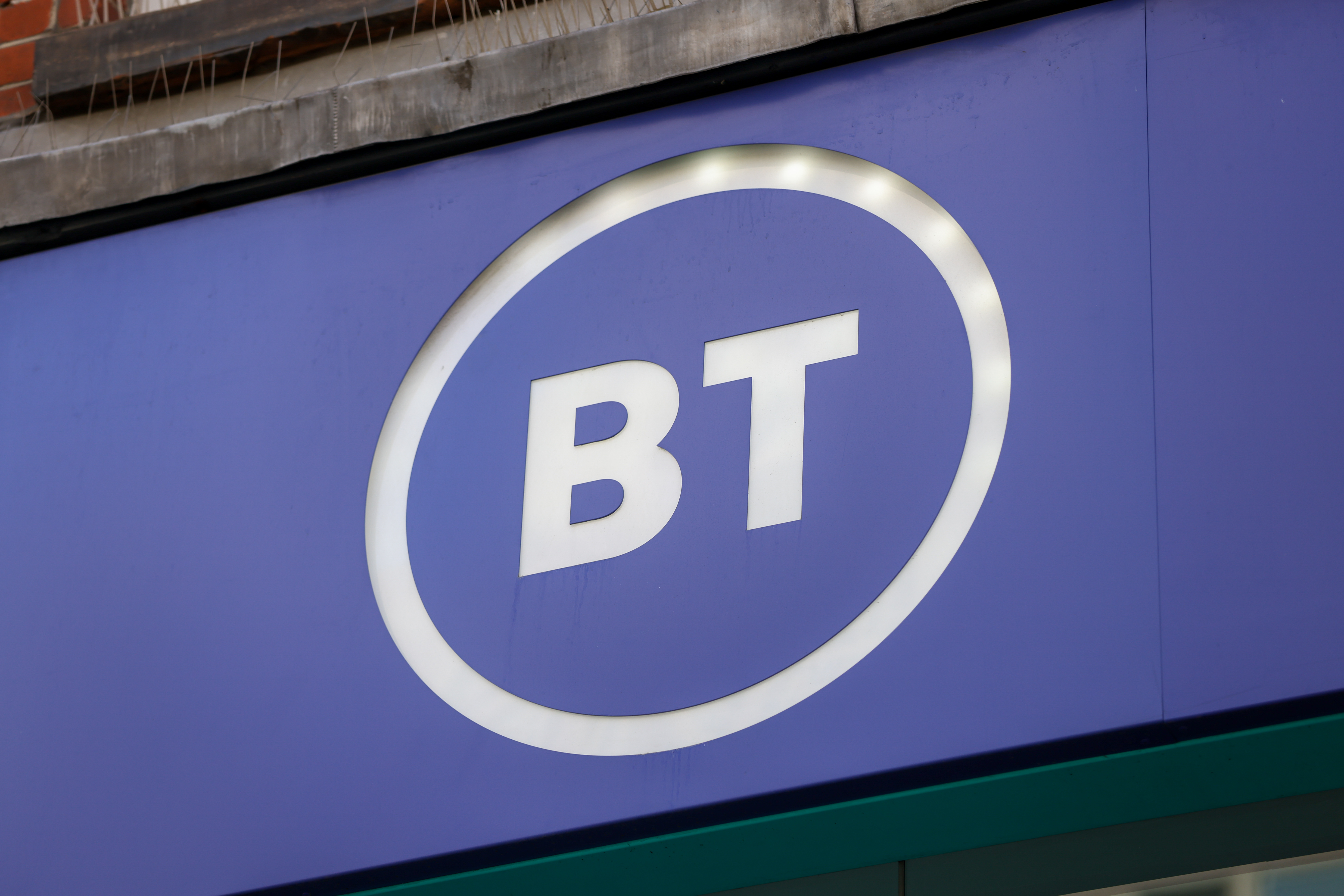 BT misses key Huawei kit removal deadline, but the telco is “almost over the line”
BT misses key Huawei kit removal deadline, but the telco is “almost over the line”News BT is still reliant on non-compliant Huawei equipment for 2G and 3G services
-
 BT partners with HPE to deliver new global managed LAN service
BT partners with HPE to deliver new global managed LAN serviceNews The latest collaboration combines BT’s connectivity expertise with HPE Aruba Networking’s latest LAN solutions
-
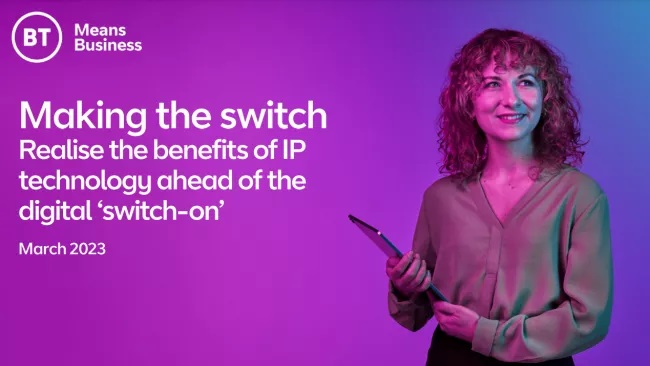 Making the switch
Making the switchWhitepaper Realise the benefits of IP technology ahead of the digital ‘switch-on’
-
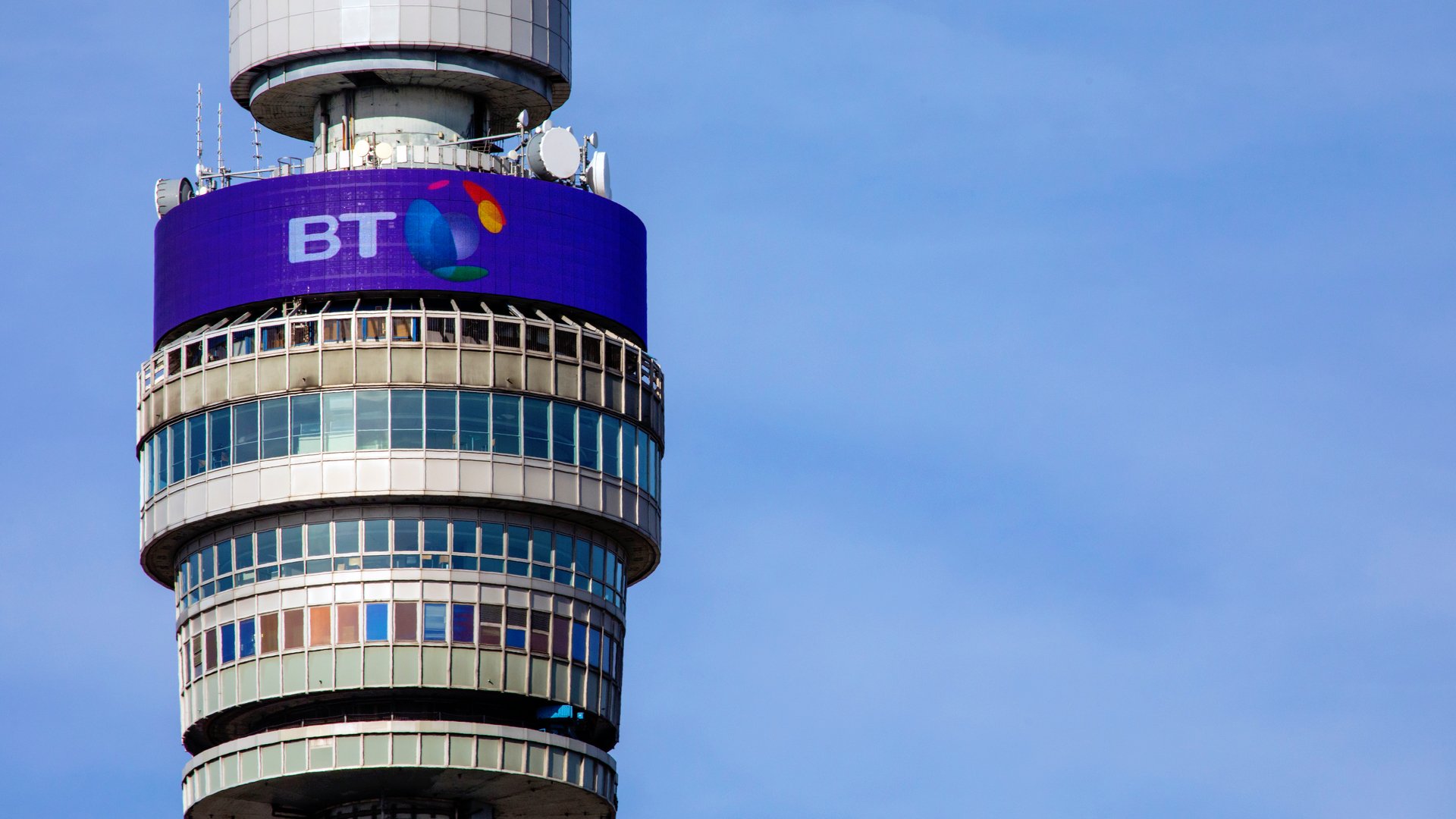 BT, Nokia crack four carrier aggregation on a 5G network in first for Europe
BT, Nokia crack four carrier aggregation on a 5G network in first for EuropeNews The breakthrough marks the first successful use of such technology on a live network, and could lead to dramatic network improvements
-
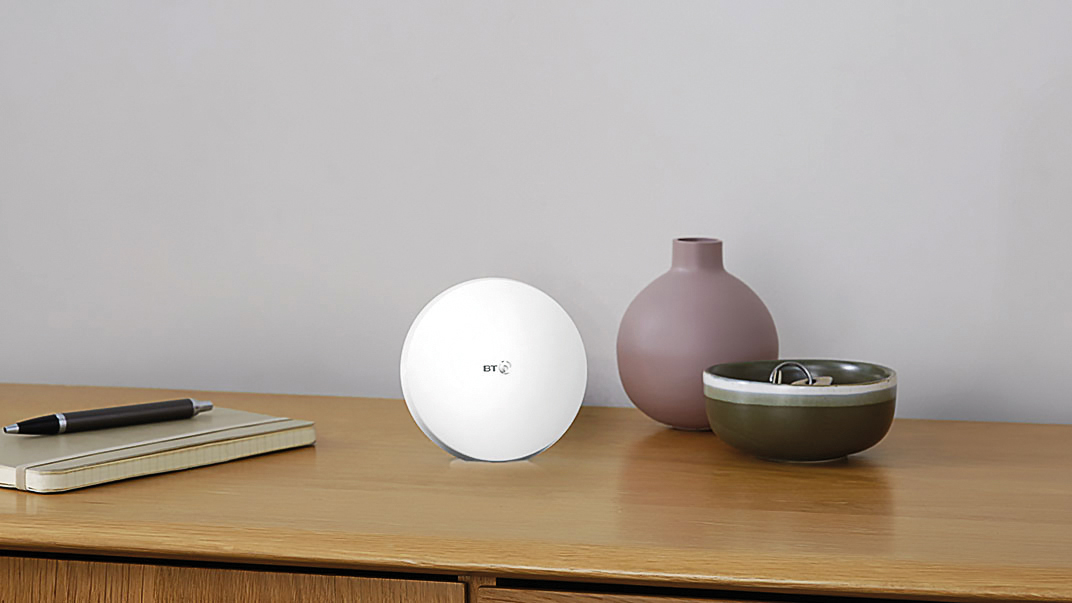
 BT Mini Whole Home Wi-Fi review: Value-conscious range extension
BT Mini Whole Home Wi-Fi review: Value-conscious range extensionReviews You shouldn’t expect top performance, but this dinky mesh system eradicates notspots for a great price
-
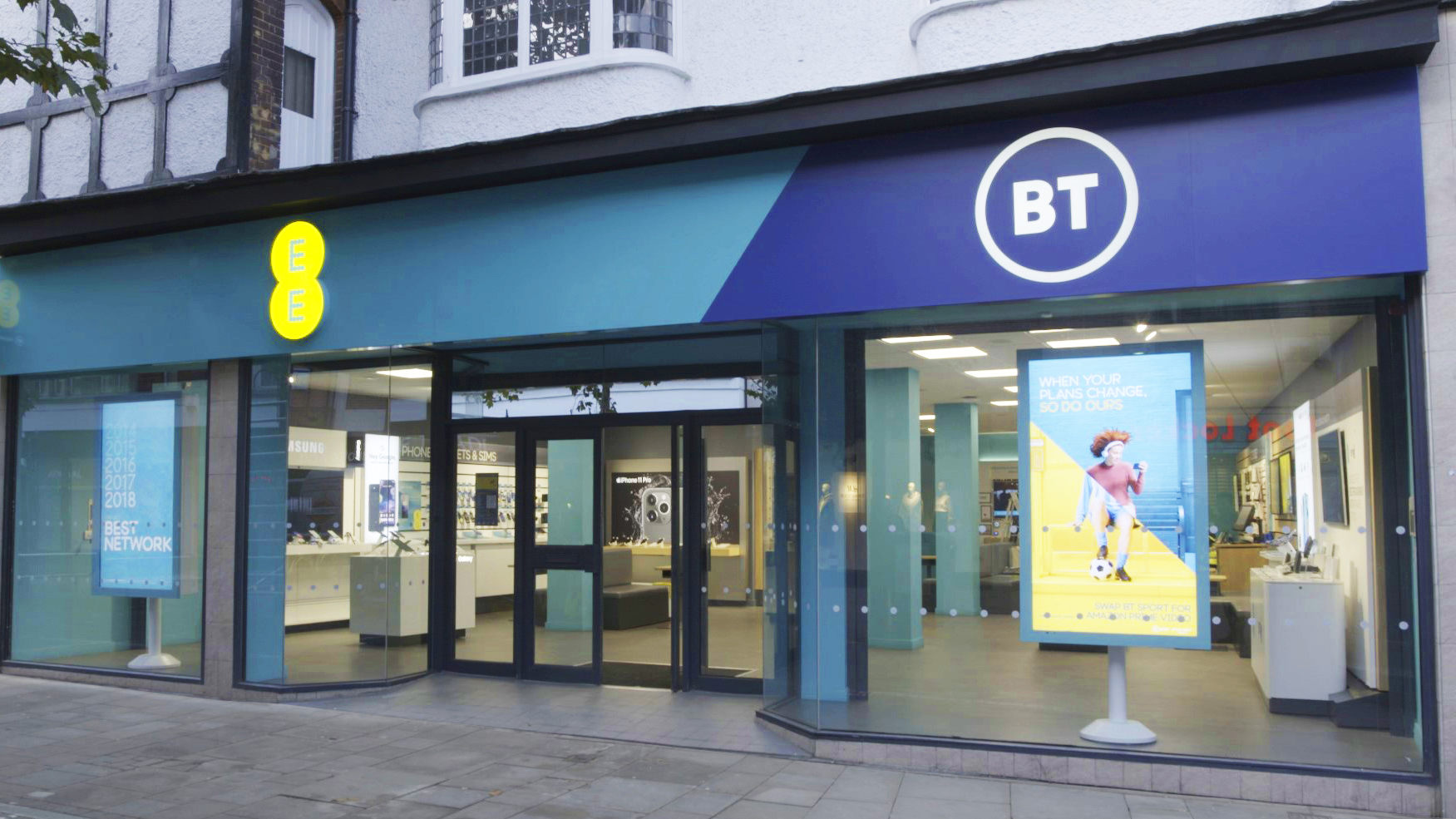 BT unveils barrage of new business services
BT unveils barrage of new business servicesNews Company announces a 5G network, digital skills training and a return to the high street